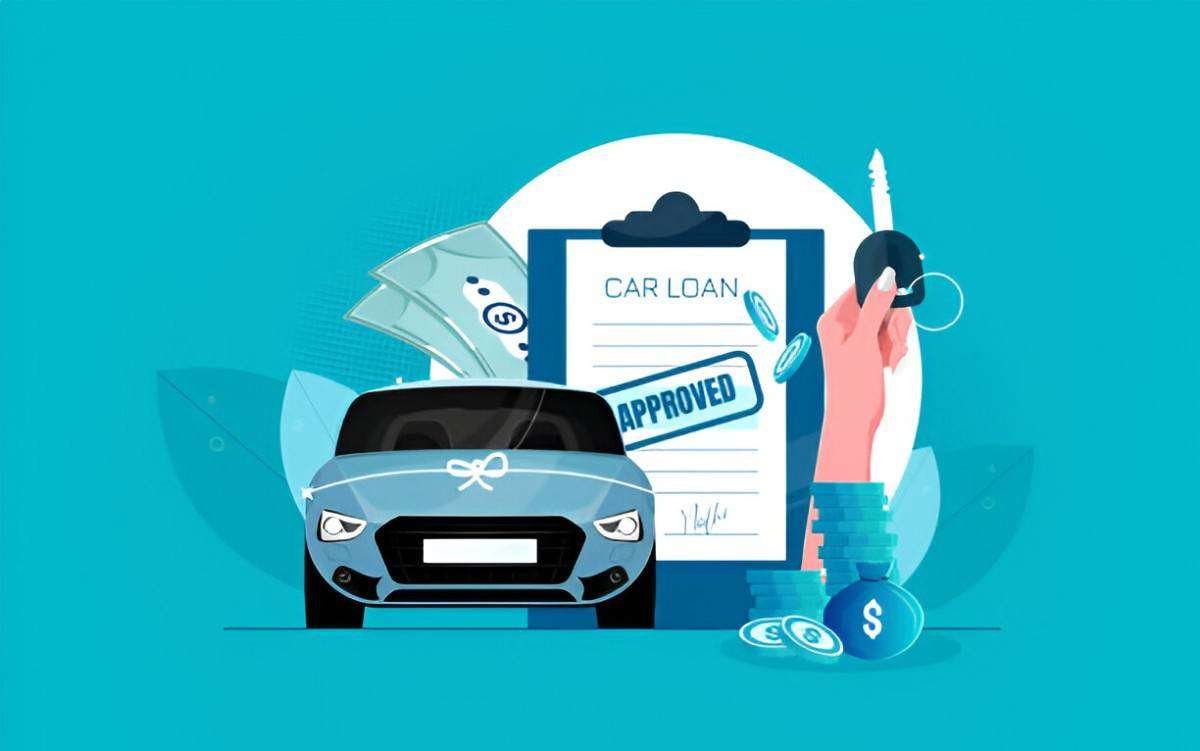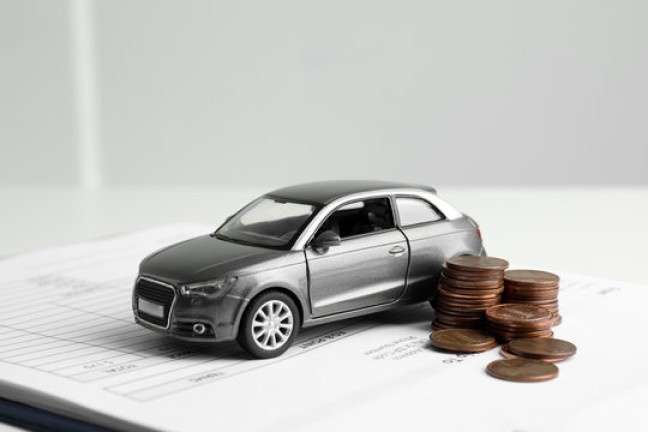Navigating the world of car finance can feel overwhelming, especially if you’re considering purchasing a vehicle in Adelaide. With so many options available, knowing how to approach car finance intelligently can save you time, stress, and money. In this guide, I’ll take you through everything you need to know about Adelaide car finance—from types of loans to interest rates, eligibility criteria, and practical examples with calculations. By the end, you should feel confident in choosing the best car finance option for your situation.
Table of Contents
Understanding Car Finance in Adelaide
Car finance refers to borrowing money to purchase a car. In Adelaide, various institutions such as banks, credit unions, and car dealerships offer financing options. The terms of these loans—including interest rates, loan tenure, and repayment schedules—vary widely depending on factors like your credit score, income, and the type of car you wish to purchase.
To simplify your decision-making, let’s start by exploring the two main types of car finance options available in Adelaide: secured loans and unsecured loans.
Secured Loans vs. Unsecured Loans
Secured Loans A secured car loan requires you to use the vehicle you’re purchasing as collateral. This reduces the lender’s risk, often leading to lower interest rates. However, if you default on payments, the lender has the right to repossess the car.
Unsecured Loans Unsecured loans do not require collateral. These loans typically have higher interest rates since the lender assumes more risk. They may be suitable for buyers with strong credit histories who prefer not to put their car at risk.
Here’s a quick comparison table to illustrate the key differences:
| Feature | Secured Loan | Unsecured Loan |
|---|---|---|
| Collateral | Required (the car) | Not required |
| Interest Rate | Lower | Higher |
| Loan Amount | Based on car’s value | Depends on credit profile |
| Risk to Borrower | Car can be repossessed | No repossession risk |
Interest Rates and Loan Terms
Interest rates play a crucial role in determining the overall cost of your car loan. In Adelaide, interest rates for car loans typically range from 4% to 12%, depending on the lender, loan type, and your creditworthiness. Loan terms, on the other hand, usually span between 3 to 7 years.
Let’s consider an example to understand how interest rates and loan terms impact your repayments.
Example Calculation
Imagine you’re purchasing a car worth $30,000 with a secured loan at a 5% interest rate for a 5-year term. Here’s how the monthly repayments would look:
- Loan Amount: $30,000
- Interest Rate (Annual): 5% (or 0.05)
- Loan Term: 5 years (60 months)
- Monthly Repayment Formula:M = \frac{P \times r \times (1 + r)^n}{(1 + r)^n - 1} Where:
- MM = Monthly repaymentPP = Loan amount ($30,000)rr = Monthly interest rate (5% ÷ 12 = 0.004167)nn = Total number of payments (5 × 12 = 60)
Over 5 years, you would pay a total of $33,968.40, which includes $3,968.40 in interest.
If the interest rate increased to 8%, the monthly repayment would rise to $608.29, and the total payment would be $36,497.40.
This example highlights the importance of securing a lower interest rate and choosing a manageable loan term.
Eligibility Criteria
Lenders in Adelaide assess several factors to determine your eligibility for car finance. Common criteria include:
- Credit Score: A good credit score (typically above 650) improves your chances of securing favorable terms.
- Income: Lenders evaluate your income to ensure you can afford repayments.
- Employment Status: Stable employment history indicates financial reliability.
- Debt-to-Income Ratio: A low ratio suggests you’re not overburdened with existing debts.
If you don’t meet all these criteria, you may still qualify for a loan, but expect higher interest rates or stricter terms.
Choosing the Right Lender
In Adelaide, you’ll find various lenders offering car finance. These include:
- Banks: Typically offer competitive rates but have stricter eligibility criteria.
- Credit Unions: Often provide lower rates and flexible terms.
- Dealerships: Convenient but may charge higher interest rates.
- Online Lenders: Quick approval processes but varying rates and fees.
Comparing Lenders
Here’s an example of a comparison table to help you weigh your options:
| Lender Type | Average Interest Rate | Processing Time | Special Features |
|---|---|---|---|
| Banks | 4% – 8% | 5 – 7 days | Discounts for existing customers |
| Credit Unions | 3.5% – 7% | 3 – 5 days | Flexible repayment terms |
| Dealerships | 6% – 12% | 1 – 2 days | Bundled insurance offers |
| Online Lenders | 5% – 10% | Same day | Fast approval |
Additional Costs to Consider
Car finance involves more than just the loan repayment. Other costs include:
- Upfront Fees: Application fees, processing charges, or establishment fees.
- Insurance: Comprehensive insurance is mandatory for most car loans.
- Maintenance Costs: Regular servicing and repairs.
- Fuel Expenses: Vary depending on the car’s fuel efficiency.
Example: Total Cost Breakdown
If you’re buying a $30,000 car with a 5-year loan at 5% interest, here’s an estimated cost breakdown:
| Expense Type | Estimated Cost |
|---|---|
| Loan Repayment | $33,968.40 |
| Insurance (5 yrs) | $5,000 |
| Fuel (5 yrs) | $7,500 |
| Maintenance | $3,000 |
| Total | $49,468.40 |
This example underscores the importance of budgeting for all associated costs, not just the loan.
Tips for Saving on Car Finance
- Improve Your Credit Score: Pay bills on time and reduce outstanding debts.
- Shop Around: Compare multiple lenders to find the best deal.
- Negotiate Terms: Some lenders are willing to offer better terms if you negotiate.
- Make a Larger Deposit: A higher down payment reduces the loan amount and interest paid.
- Choose a Shorter Loan Term: While monthly repayments may be higher, you’ll pay less interest overall.
Refinancing Options
If you’ve already taken a car loan but found better rates elsewhere, refinancing could be a smart move. By switching to a loan with lower interest or more favorable terms, you can reduce your monthly payments and total cost. However, consider any penalties for early repayment or refinancing fees.
Refinancing Example
Suppose you initially borrowed $25,000 at 8% for 5 years. After 2 years, your balance is $16,000. Refinancing the remaining amount at 5% for 3 years reduces your monthly payment from $506.91 to $479.20, saving you about $1,000 in total interest.
Final Thoughts
Car finance in Adelaide offers numerous options to suit different budgets and needs. By understanding loan types, comparing lenders, and calculating costs, you can make an informed decision. Remember to consider the total cost of ownership and not just the monthly repayments. With careful planning, you’ll find a car finance option that works best for you. Good luck!





